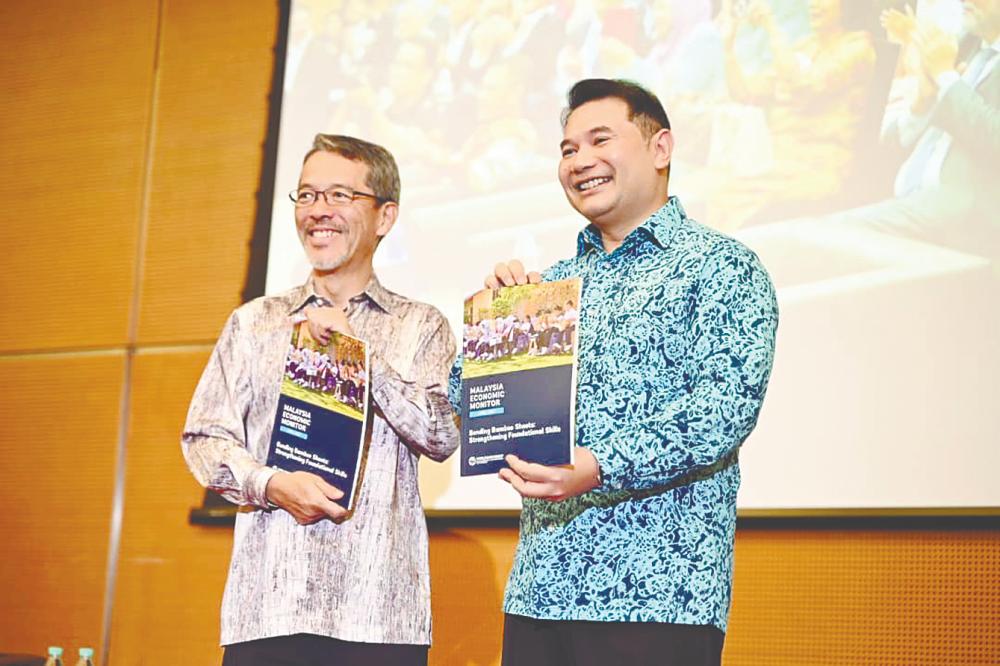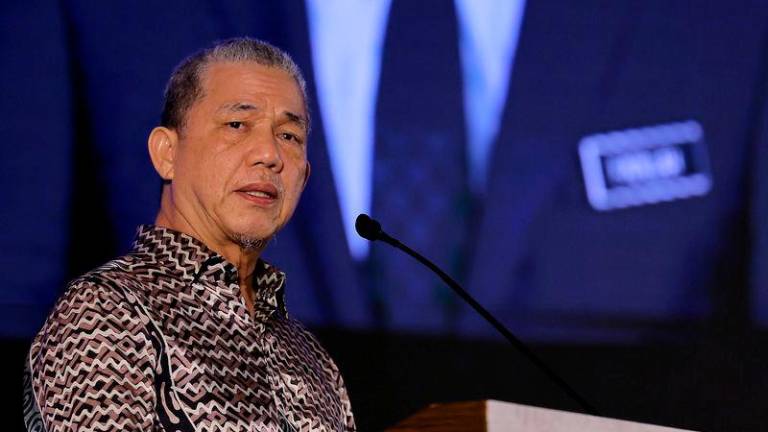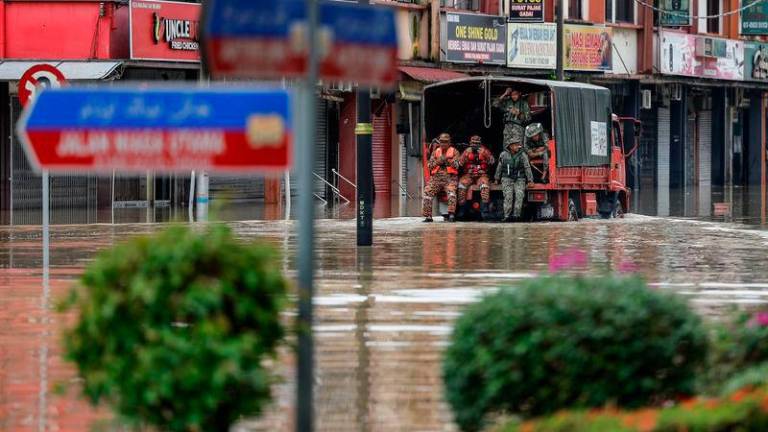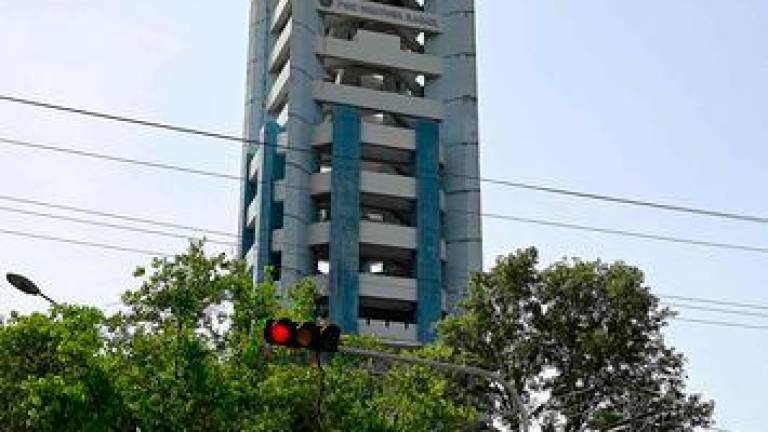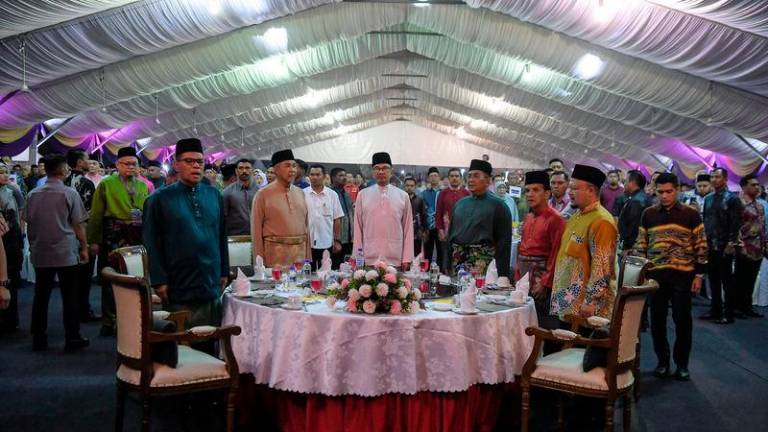KUALA LUMPUR: The government will communicate to the people the mechanisms and criteria of the targeted subsidy initiative in the coming weeks, said Economy Minister Rafizi Ramli.
He added that the government will also explain the implications of the subsidy rationalisation to each strata of society.
“The government knows exactly what will happen, what is the mechanism. It hasn’t been communicated because we want to manage communication,” he said in his address at the public launch of the World Bank April 2024 Malaysia Economic Monitor today.
Rafizi said Padu, the platform that integrates and holds the personal data of Malaysians above the age of 18 to be used for the targeted subsidy rationalisation, has registered 11.6 million individuals, equivalent to 52.6% of Malaysians aged 18 and above.
He remarked that this gives the government sufficient bandwidth to implement subsidy rationalisation and transition away from the regressive model of blanket subsidies. With this level of necessary, granular data, he said the government can minimise both exclusion and inclusion errors, and ensure an equitable distribution of subsidies to those that need them most.
Rafizi noted World Bank estimates indicate that the redirection of these subsidy savings into social assistance can double poverty reduction and still generate fiscal savings if the government can pull the subsidy rationalisation off.
“Malaysia can start plugging the hole of the expanding federal debt, which stands at 64.3% of GDP (gross domestic product) in undertaking this once-in-a-generation fiscal reform. This is especially pertinent in this high interest rate environment, where our debt service charges are increasing,” he said.
With this consolidation of the fiscal position, he added, the search for new growth verticals remains pressing.
Rafizi said this rationale underpins the government’s recent introduction of KL20 which marks a divergence from previous strategies.
In addition to launching the KL20 Action Paper, the government has implemented a series of reforms aimed at positioning Kuala Lumpur as a premier destination for venture capitalists and startup founders.
“The vindication of these reforms lies in the announcements of several deals. These include the RM3 billion Asean Investment Initiative, the presence of 12 international VCs (venture capitalists) opening new offices here, and Southeast Asia’s largest IC design park backed by companies like Arm and Phison,” he said.
On the labour market front, Rafizi said the progressive wage policy white paper was tabled and passed in Parliament last November.
“Next month, we will already be opening registration for the pilot project which will be a case study for wider adoption across the country, as we debottleneck our stagnating wages,” he added.



